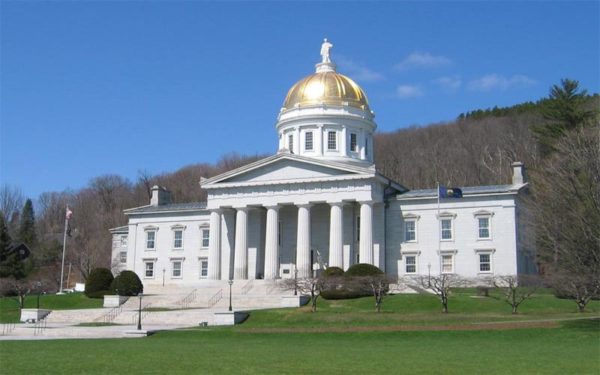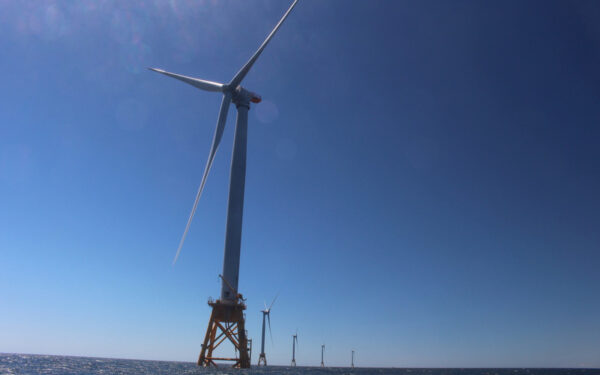Landfills Poison Our Air and Water
Far too many families are being poisoned by contaminants released by landfills and waste incinerators across New England. All landfills can leak toxic chemicals into our air and water. Yet, New England currently has no plan in place to address this dangerous problem.
CLF in Action
CLF has launched the Zero Waste Project to protect our communities from the dangers posed by unsustainable waste management practices. We know that landfills and waste incinerators pose a threat to our health, our communities, and our environment. Safer, healthier alternatives exist and we owe it to our families to put them into practice across the region.
Through the Zero Waste Project, CLF is raising awareness about the negative health and environmental impacts of our trash. We want to change the way New England deals with waste. That means moving from our current model to a zero waste approach that cuts how much trash ends in landfills and incinerators.
Communities around the world, including Nantucket, Seattle, and San Francisco, are adopting zero waste strategies. These communities are finding new ways to “reduce, reuse, and recycle.” They are also encouraging redesign of materials and manufacturing methods. CLF’s Zero Waste Project will work to address the solid waste problem throughout the region and help to protect our air and water from unnecessary, damaging pollutants.
What’s at Stake
Solid waste is an issue that is often ignored once the garbage truck pulls away from the curb. But we cannot afford to ignore the harm it does to our communities and our environment. Environmental Justice communities get impacted first and worst because they often host a disproportionate share of landfills and waste incinerators. Landfills in places like Southbridge, MA, an EJ community, are contaminating the water that residents use to drink, cook, and bathe their children.
Landfills and waste incinerators are dangerous and unsustainable, but they are not the only solution. Communities like Nantucket have shown us that creative programs can dramatically decrease the amount of waste we send to landfills. Innovative solutions have the potential to provide health, environmental, and economic benefits. By recapturing and reusing more materials, we can minimize the need for virgin raw materials, decrease our energy consumption, and help to create new green industries and jobs.
Together, we can create the zero waste future New England deserves.




